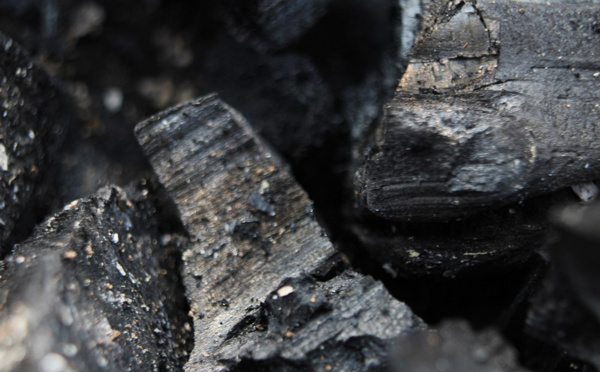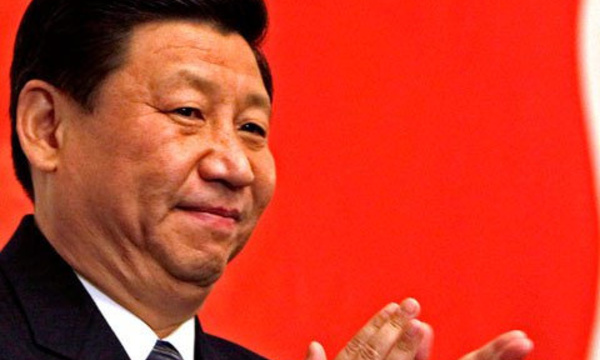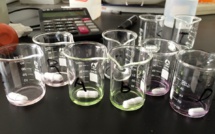Discovery
Bloomberg lists key economic risks for 2022 - 12/14/2021
Bloomberg has published a forecast of major economic risks in 2022. Experts believe that the main threat to markets is the likely escalations around Ukraine and Taiwan, as well as the spread of the new COVID-19 strain. In particular, it is reported that if the omicron strain proves more dangerous than other strains of COVID-19, the global economy could slow to 4.2%. But if it turns out to be less...
Researchers: LEGO sets are better investment than gold and bonds - 12/03/2021
In a study published in the journal Research in International Business and Finance, economists at the Higher School of Economics found that old LEGO kits show a better return on investment over time than stocks of large companies, gold, bonds and alternative sources of investment. The researchers looked at pricing patterns from 1987 to 2015 and found that the average return on investment for LEGO...
Expert: Fertilizers shortages could cause famine in the world's poorest countries - 11/29/2021
Food shortages and famine in the world's poorest countries might result from a worldwide fertilizer deficit, Svein Tore Holsether, executive director of Yara International, a Norwegian fertilizer firm, told the BBC. According to him, the global fertilizer industry is now in deficit. Ammonia, which is used in many fertilizers, is made from gas, whose price has risen dramatically, raising the...
OIV: Global wine production will be extremely low in 2021 - 11/05/2021
The International Organisation of Vine and Wine (OIV) forecasts global wine production in 2021 at 247.1-253.5 million hectolitres. This would bring it close to the record low of 2017. The OIV notes that the drop in production is due to unfavourable climatic conditions. "2021 will be the third consecutive year when global wine production will be below average due to late spring frosts and...
Reuters: China uses Australian coal despite refusing to import it - 10/06/2021
Faced with a serious shortage of resources for power generation, China has started using coal from Australia again, Reuters reports. Chinese leaders verbally banned major traders from importing coal late last year because of a conflict with Australian authorities. Relations between the two countries deteriorated significantly after the Australian government called for an international...
Google Removed Taliban's App from Google Play - 04/04/2016
Google's representatives reported that an Android mobile app developed by Taliban movement has been removed from Google Play online store. A public organization specializing in monitoring the activities of jihadist organizations on the Internet reported about the application on Friday. Late last night, Google’s representatives confirmed to US media the company has removed from Google Play online...
The Mysterious 'Open Letter' to Chinese President - 03/30/2016
Chinese law enforcement agencies are looking for authors of an "open letter" to President Xi Jinping, which calls on him to resign. The authors did not give their names but instead signed as "loyal members of the Communist Party". They accuse the Chinese leader in an authoritarian governing style and numerous failures in domestic and foreign policy. According to the Chinese opposition media,...
Five Hot Scientific News - 03/28/2016
What's new in the science world? 1. Screen wipers for a helmet British consumers now can buy wipers for motorcycle helmets. Feasibility of this gadget is somehow doubtful, yet here is it: modern compact electronics and powerful batteries together make up a device that does not take up much space, can be easily attached to any helmet with help of suction cups , runs on a single charge up to 3...
Cannabis Finds Its Place in the Sun in the US - 03/16/2016
Website Marijuana Business Daily, dedicated to the market of marijuana, has published a study that the US market marijuana could reach the volume of $ 44 billion by 2020. This forecast implies continuation of current trends in the legalization of marijuana, and development of the relevant business. Even in the worst case, the market will grow quite considerably, up $ 24 billion. According to...
A Potentially Dangerous Pesticide Found in German Beer - 02/25/2016
Munich Environmental Institute tested 14 popular brands of beer in Germany and found a pesticide glyphosate in all of them. According to the institute, it can be dangerous to human health, since glyphosate refers to "probably carcinogenic to humans" according to the WHO classification of substances. Other experts believe that the risk is exaggerated, since glyphosate’s content in the beer is too...
























